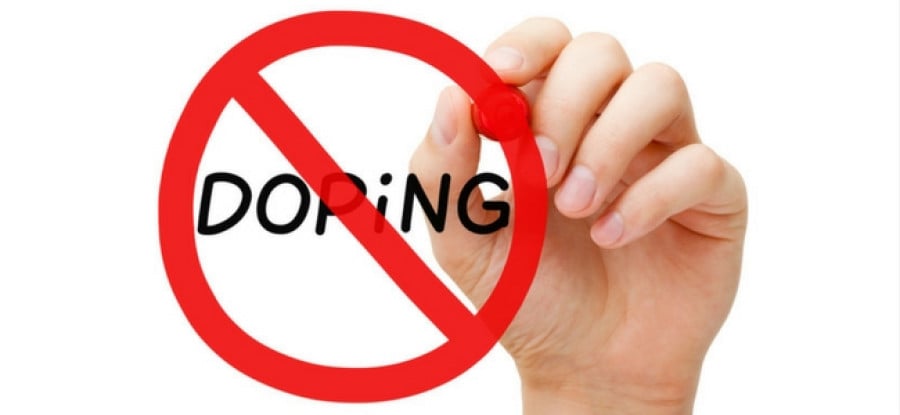When can athletes obtain a valid retroactive TUE? A review of the Samir Nasri case

As a general rule, an athlete having committed an anti-doping rule violation (ADRV) under the World Anti-Doping Code, 2015 (Code) is liable to face sanctions. However, one way through which sanctions may be avoided is if the athlete was granted a Therapeutic Use Exemption (TUE).
Generally, an athlete must apply to his national or international federation (as applicable) for a TUE, before consuming a ‘Prohibited Substance’ or ‘Prohibited Method’.
However, as an exception to the general rule, an athlete may be granted a TUE retroactively (i.e. after consumption) if certain conditions, prescribed under WADA’s International Standard on Therapeutic Use Exemptions, 2016 (ISTUE), are met.
The case of Samir Nasri involves an application to Union Européennes de Football Association (UEFA) by the ex-Arsenal and Manchester City player for a retroactive TUE, to use an intravenous drip that was administered to him when he was feeling under the weather on holiday in December 2016. He was sanctioned for a period of 6 months of ineligibility.
Given the limited jurisprudence on retroactive TUEs, this article seeks to highlight important takeaways for athletes and considers whether an inexperienced athlete in the same position would attract the same level of sanction. Specifically, it looks at:
-
Background facts to the case
-
TUEs in a nutshell: Why Nasri’s application for a TUE failed
-
Arguments before CAS
-
CAS decision
-
Analysis (including mitigating and aggravating factors)
-
Conclusion
To continue reading or watching login or register here
Already a member? Sign in
Get access to all of the expert analysis and commentary at LawInSport including articles, webinars, conference videos and podcast transcripts. Find out more here.
- Tags: Court of Arbitration for Sport (CAS) | Football | Prohibited Substance | Therapeutic Use Exemptions (TUE) | UEFA TUE Committee | Union of European Football Associations (UEFA) | WADA Code | WADA’s International Standard on Therapeutic Use Exemptions | World Anti-Doping Agency (WADA)
Related Articles
- Possible ways the Therapeutic Use Exemptions system can be improved to prevent abuse
- Why are athletes held to a higher standard than medical professionals in anti-doping? Contrasting the Gil Roberts case and Team Sky scandal

 Global Summit 2024
Global Summit 2024